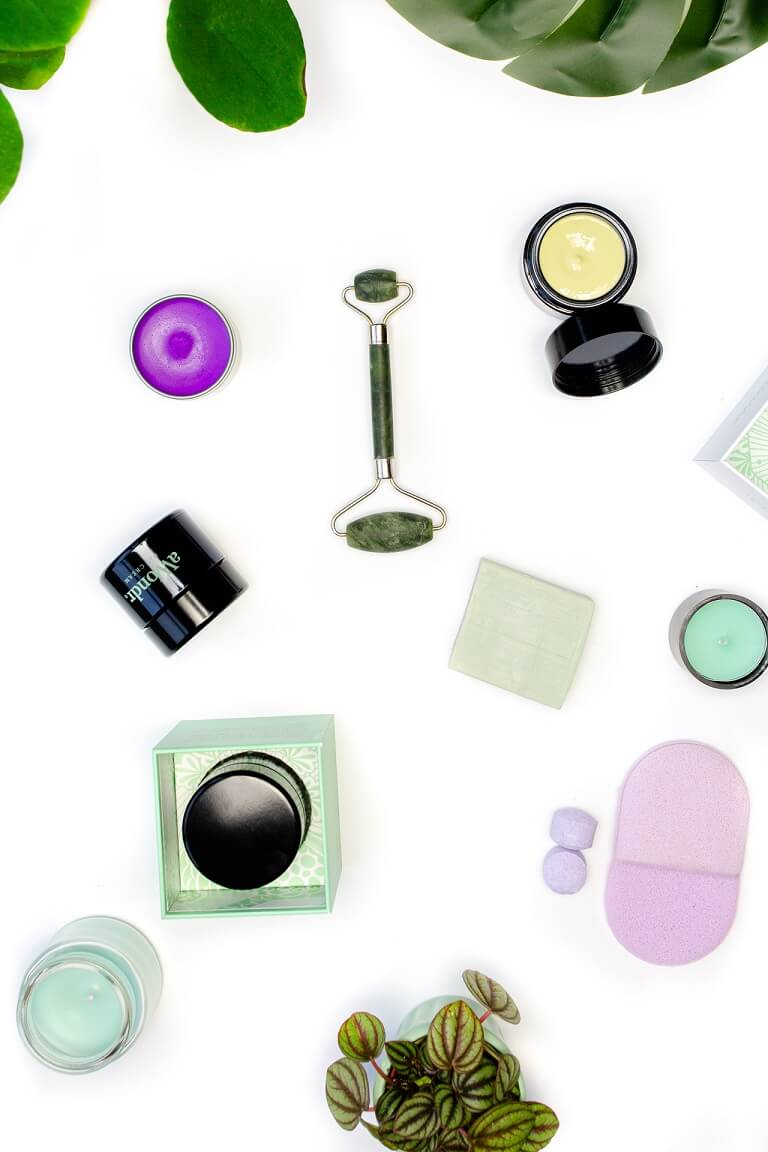3 don’ts on skin care

In the world of skin care, there are countless tips and tricks that promise to transform your skin and give it a radiant glow. But amid all this advice, there are also some pitfalls that are best avoided. Besides the commonly known pitfalls such as not wearing sunscreen, not cleaning your skin and forgetting to take care of your skin while sleeping, let’s take a closer look at the lesser-known mistakes you want to avoid.
1) Forgetting to exfoliate
One of the most overlooked steps in many skincare routines is exfoliation. The process of exfoliating, or removing dead skin cells from the surface of the skin, is essential for healthy and radiant skin. Every day our skin is exposed to various harmful influences, such as pollution, UV rays and other environmental pollutants. These factors can all contribute to a buildup of dead skin cells, which can lead to a dull complexion, clogged pores and even pimples. Using an exfoliant can help remove these dead skin cells and promote cell renewal, leaving the skin looking fresher and more radiant. However, it is important to remember that exfoliating is not the same as exfoliating. While exfoliation physically removes dead skin cells from the surface of the skin, an exfoliant works on a chemical level by dissolving the connections between the dead skin cells, making them easier to remove and causing less damage to the skin.
2) Mixing ingredients that cannot go together
Another common mistake in skin care is mixing ingredients that do not go well together. Some active ingredients can reduce each other’s effectiveness or even cause harmful reactions when used together. A classic example is mixing retinol with vitamin C. Both ingredients are powerful antioxidants that can help protect the skin from free radicals and reduce signs of aging. However, retinol works best at night, while vitamin C is best used during the day. Combining these two ingredients can cause irritation and redness. Another example is mixing water-based products with oil-based products. Oils are hydrophobic, meaning they repel water. Therefore, it is not ideal to mix water-based products with oil-based products because they do not mix well with each other. This can lead to uneven distribution of products and possibly even clogged pores.
3) Addressing unproven skincare trends
It is tempting to go along with the latest skin care trends, but be careful with unproven methods. Many trends are not scientifically proven and may even be harmful to your skin. Be skeptical of quick beauty hacks that go viral on platforms like TikTok. A good example of this is “facefasting,” where you give your skin a rest by not using any skin care products. While it sounds logical, ignoring a proper skin care routine can disrupt your skin’s natural balance. Remember: it’s all about consistency and using proven methods for healthy, glowing skin.

